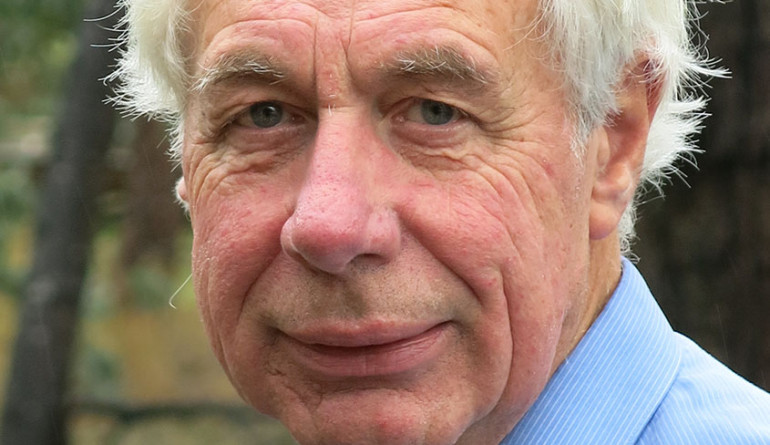Reflections from John Boshier as his 5-year term on Standards Approval Board concludes

Standards New Zealand Approval Board member, John Boshier’s term on the Board concluded in February. This brought to an end a valuable contribution to standards that spanned more than five years. Other than Standards Approval Board chair, Vaughan Renner, John was the only other Board member to have served on the original Standards Council, which preceded the current Standards Approval Board, and which was dissolved when Standards NZ transitioned into the Ministry of Business, Innovation and Employment (MBIE) in 2015.
John has a long history with standards and standardisation, having also served on the Standards Council of Australia when he was CEO of the Institution of Engineers, Australia.
John reflects proudly on the key role that he and his fellow Board members play in ensuring the exceptionally high calibre of experts who make up standards committees. ‘The Standards Approval Board is there to make sure each committee is well balanced, so we spend careful time looking at the composition of each committee,’ he says.
‘We assess every new member recommended by the Standards New Zealand Executive. The Board takes an active interest, making sure committees are representative and there isn’t a preponderance of either regulators or business, plus there is a good chairperson.’
John says other than reviewing the composition of standards committees, much of the work on the Standards Approval Board involves the adoption of international and joint Australia/ New Zealand standards, as well as the updating of standards.
Electrical standards are highlights
Given his background in electrical engineering, John says a number of standards he has worked on over the course of his time on the Board stand out. All standards relating to electricity were his particular interest. ‘The electric vehicle connection and charging standard was important. The process was nimble for an important new industry where safety is so important,’ he says.
‘The safety at work standards – especially those for electrical linesman – have also made a big impression on me, as have the standards for explosive atmospheres underground,’ he adds. The safety of electrical appliances is also very important.
The Recreational Vehicle (RV) standard, which specified better waste disposal, was also a gain for New Zealand. ‘RVs without toilets are a scourge in tourist spots!’ he adds. He is also pleased with MBIE’s decision to sponsor building standards for free download, saying the improved access is very important for the construction industry.
John’s understanding of the importance of standards comes from his career as an electrical engineer. ‘My first design job was for a substation in Napier. It was New Zealand's first low-level, all-metric substation and I had to design it to 220 kV interlock access control, which was quite amazing for the time.
‘How did I succeed?’ he asks. ‘Well, one of the first things I did was open up the standard and read it!’ he explains. ‘There are thousands of engineers and designers in New Zealand that have had that same experience.’
How standards help business and consumers
‘Standards lower the costs of doing business and of designing and building facilities and infrastructure. They also give the market assurance that when consumers buy something, and it's done to a New Zealand standard, it makes business easier. You don’t have to worry about whether it’s compliant to the specification or not.’
He also believes that standards are essential in helping the wheels of commerce turn smoothly at the lowest cost, because ‘you're not reinventing the wheel every time.’
John describes the future of standards as ‘interesting’ because much of what will be provided will be on a digital platform. ‘It will be interesting to see how the standards community will deal with the provision of services in the digital space in the future.’ He will also be watching keenly from the sidelines how standards capture the future requirements for medical devices, including medical implants.
Manager Standards New Zealand, Carmen Mak, says she and her team have valued John’s practical engineering experience and his working expertise with electrical standards. ‘Workplace electrical safety and consumer compliance are significant areas for standards in New Zealand, as is the rapidly changing landscape as we look at new technology.
‘John also had a huge appreciation of the economic benefits that standards bring to economic productivity and trade. His connection to and input on what is happening internationally has been highly appreciated too,’ Carmen adds.
Despite retiring from the Standards Approval Board, John will continue to lead a very full life. He is still an active member on five other boards, including his recent appointment to the board of Wellington Opera. He is also a member of Rotary, where he is very involved in fundraising and is awaiting the publication of his forthcoming book, Power Surge – Energy from Think Big to Rogernomics.
